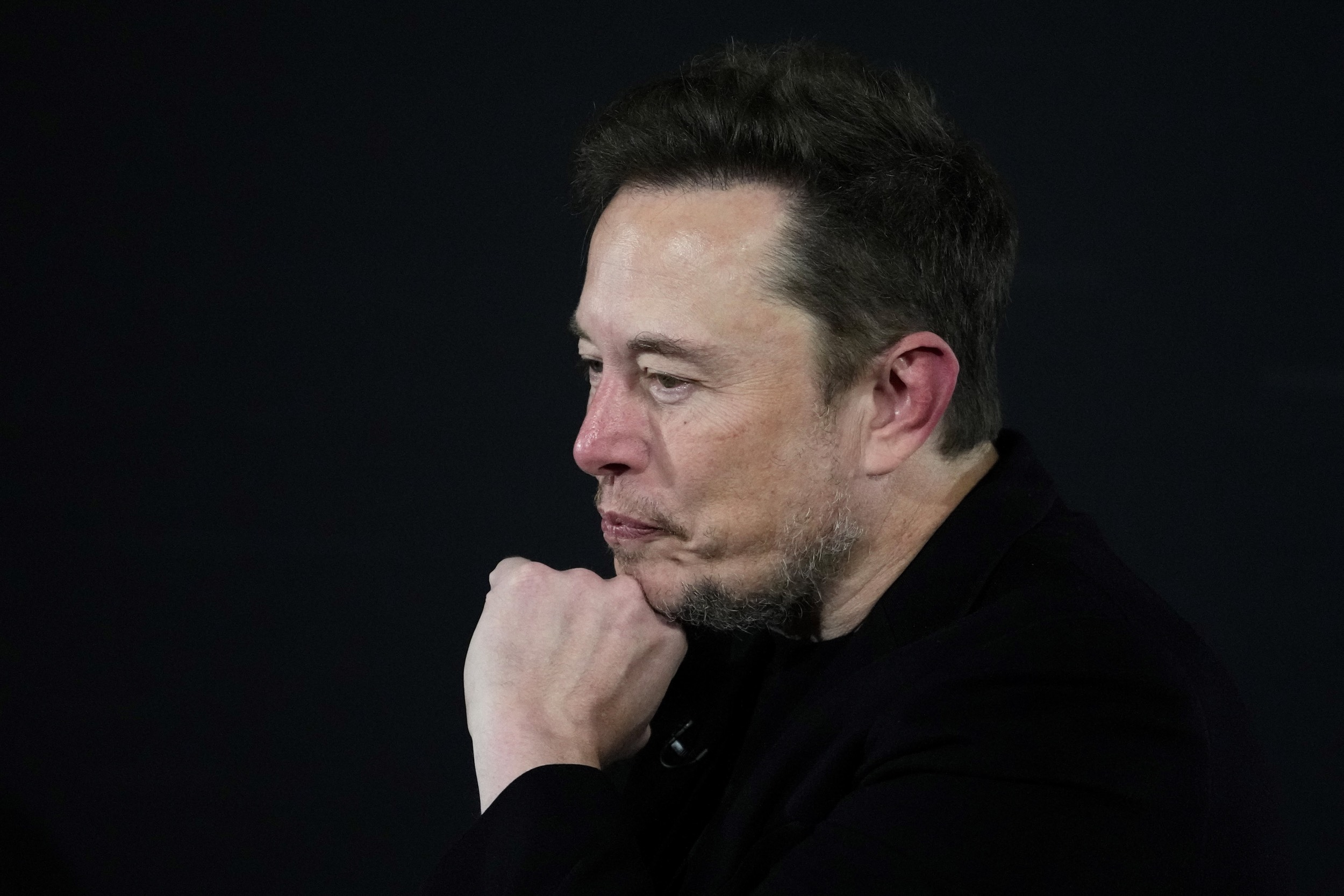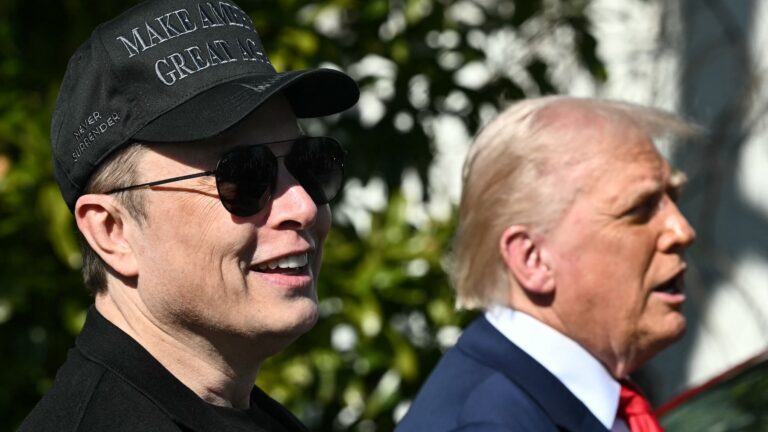After being charged with illegally firing workers who criticized Elon Musk, SpaceX yesterday sued the National Labor Relations Board (NLRB) in a lawsuit that claims the US labor agency's structure is unconstitutional.
On Wednesday, an NLRB regional director filed a complaint against SpaceX alleging that it illegally fired eight employees who drafted and distributed an open letter about Musk in 2022. If SpaceX doesn't settle the charges, the company is scheduled to face a hearing with an NLRB administrative law judge (ALJ) starting on March 5.
SpaceX filed its lawsuit against the NLRB in US District Court for the Southern District of Texas, claiming that the NLRB structure violates US law because the administrative law judge cannot be removed by the president of the United States. SpaceX made a virtually identically argument recently when it sued the US attorney general and two other Department of Justice officials in an attempt to stop a separate hiring-discrimination case.
"NLRB ALJs are 'Officers of the United States' under the Constitution's Appointments Clause—not mere employees—because among other things, they hold continuing offices through which they preside over adversarial hearings, receive testimony, shape the administrative record, and prepare proposed findings and opinions," SpaceX argued.
SpaceX: “The very definition of tyranny”
The NLRB administrative law judges have "at least two layers of removal protection," which "prevents that exercise of presidential authority and thus violates Article II of the Constitution," SpaceX told the court. "But for these unlawful removal restrictions, either the ALJ assigned to SpaceX's administrative case or the NLRB Members who bear responsibility to supervise and exercise control over the ALJ would face the prospect of removal by the President based on their conduct during the proceedings."


 Loading comments...
Loading comments...
